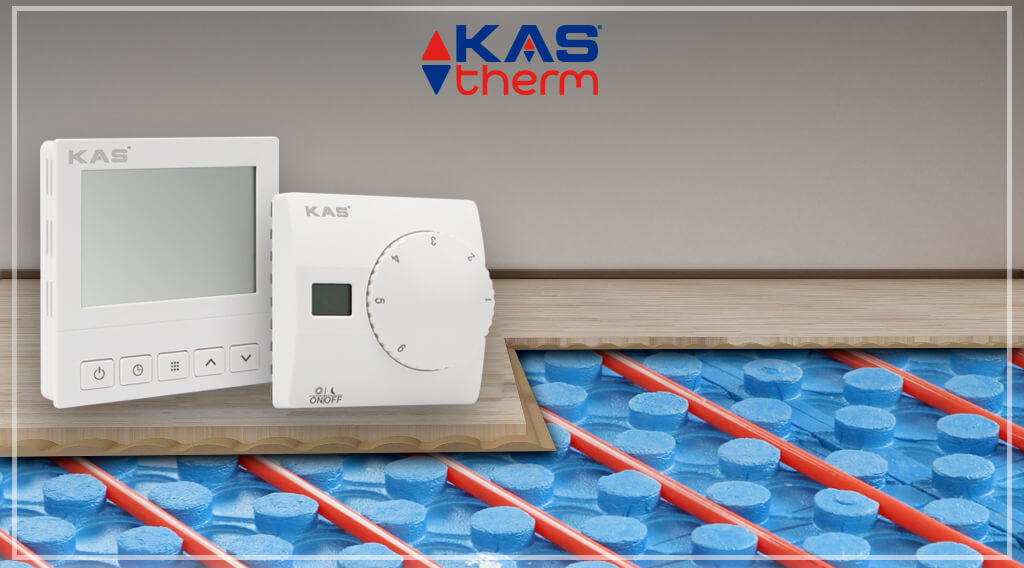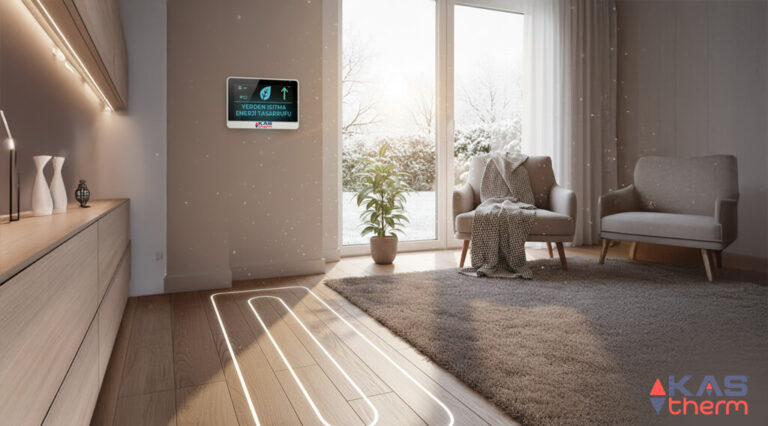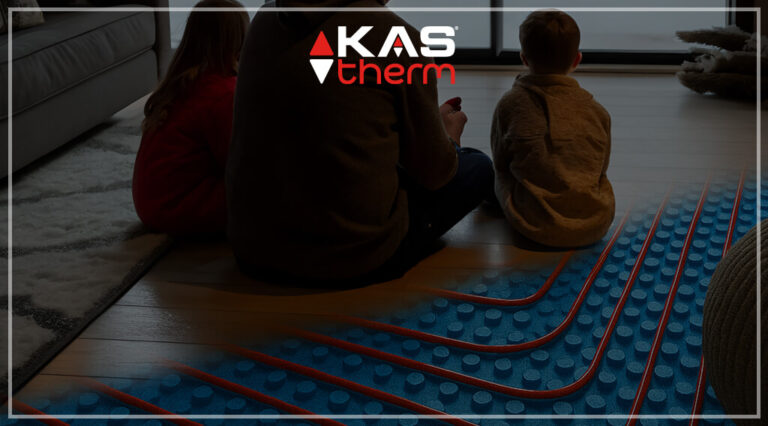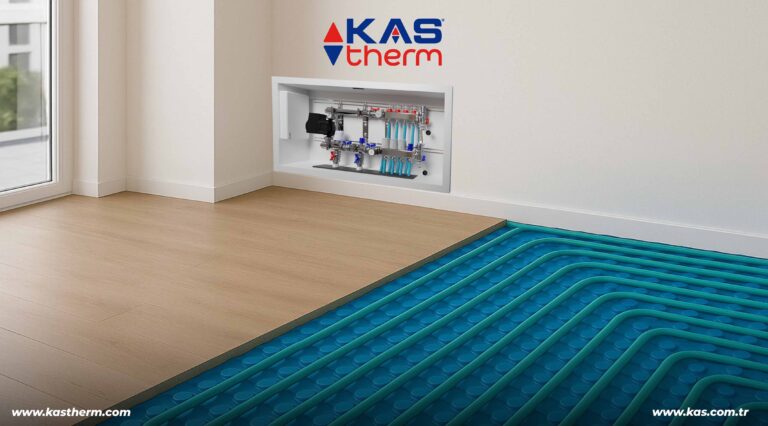
How Underfloor Heating Systems Affect Indoor Air Quality?
Underfloor heating systems not only provide a comfortable environment in homes and workplaces but also offer many health benefits, particularly with regards to indoor air quality. In this article, we will examine how underfloor heating affects indoor air quality and provides health benefits.

Reduction in Dust and Allergens
Compared to traditional radiator systems, underfloor heating systems reduce the circulation of dust and allergens within the home. Heat radiation from the floor level prevents dust and allergens from moving around in the air. This is particularly important for individuals sensitive to allergic reactions. With underfloor heating systems, the air remains cleaner, and indoor allergen levels decrease.
Maintenance of Humidity Balance and Healthy Environment
Underfloor heating systems help maintain humidity balance indoors. Heat spreading from the floor prevents the formation of cold spots and ensures the even distribution of humidity. By preventing the formation of mold and mildew, it creates a healthy environment inside the home. Low humidity levels can lead to respiratory infections and allergic reactions, while high humidity levels can promote mold and mildew formation. Underfloor heating systems balance indoor humidity levels, helping prevent such issues.
Comfortable and Healthy Feet
Underfloor heating systems keep the floor warm, ensuring comfortable and warm feet. The need to touch cold floors is eliminated, providing a more comfortable experience indoors, especially during the winter months. Cold feet can affect blood circulation and increase susceptibility to colds and other illnesses. Underfloor heating systems keep the feet warm, thus preventing such health issues.
Reduced Dust Accumulation
Underfloor heating systems reduce dust accumulation by decreasing air circulation. Unlike radiators, underfloor heating systems do not circulate air, resulting in dust settling on the floor. Reduced dust accumulation decreases the need for cleaning and creates a healthier environment for individuals with dust allergies.
The above points demonstrate how underfloor heating improves indoor air quality and provides health benefits. Cleaner air, balanced humidity levels, comfortable feet, and reduced dust accumulation create a healthy and comfortable living space indoors. Therefore, underfloor heating systems not only fulfill heating needs but also provide health and comfort to homeowners and businesses.


